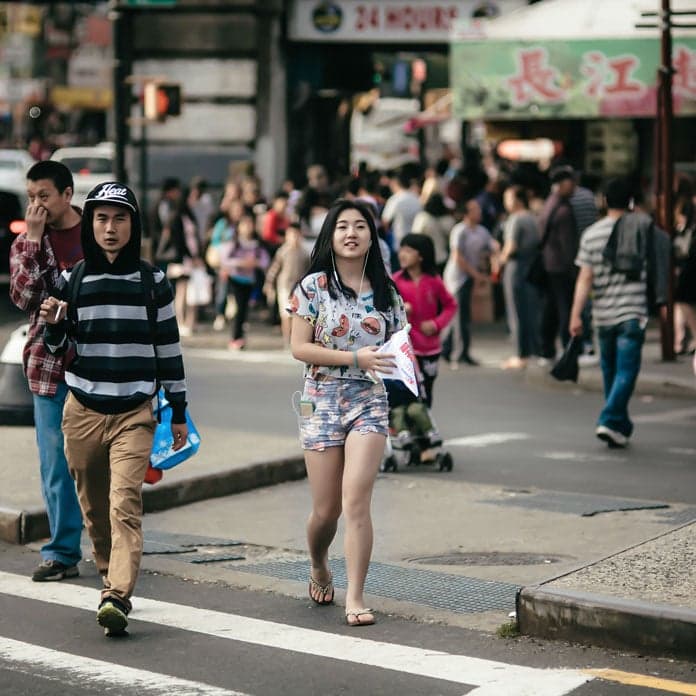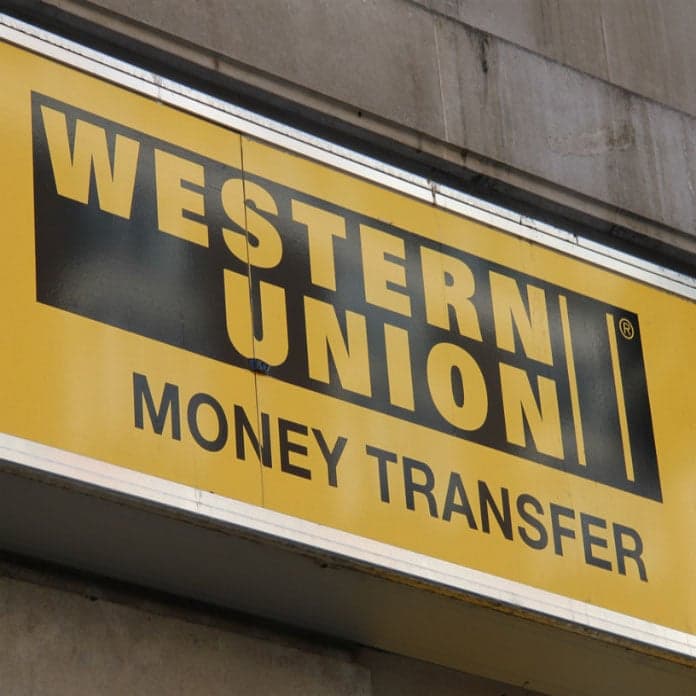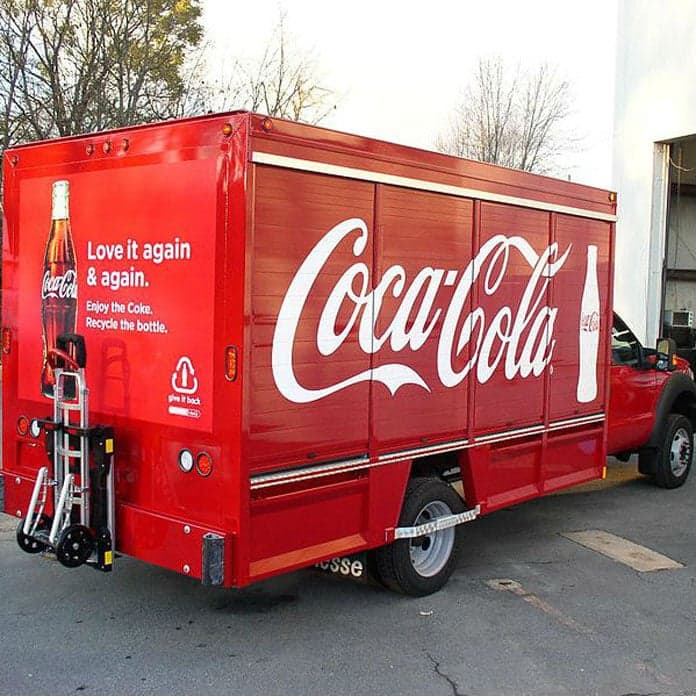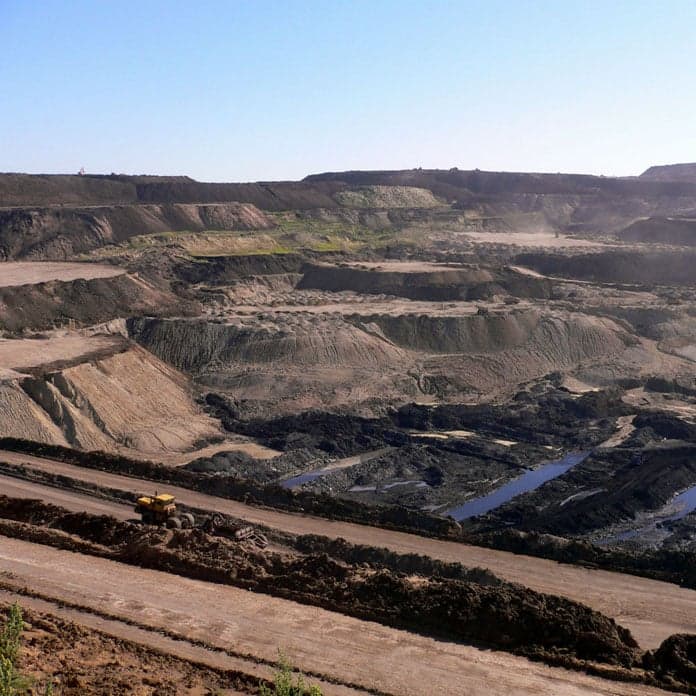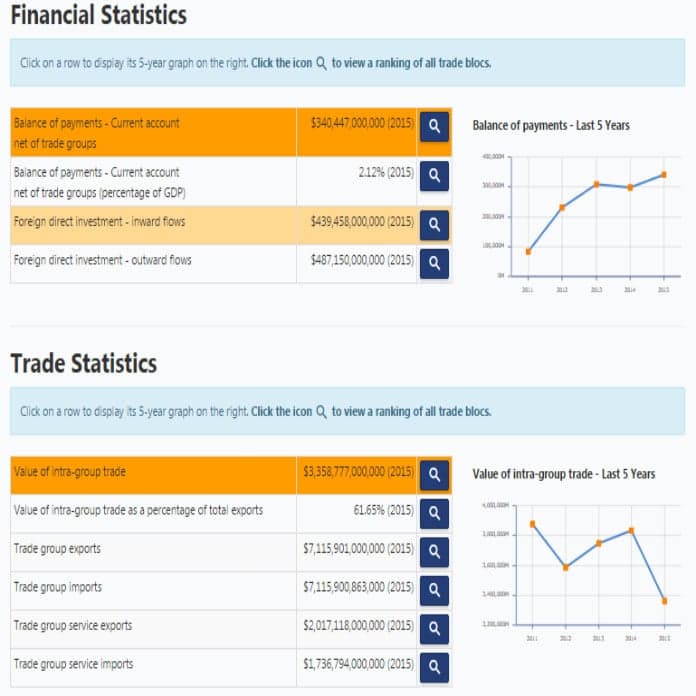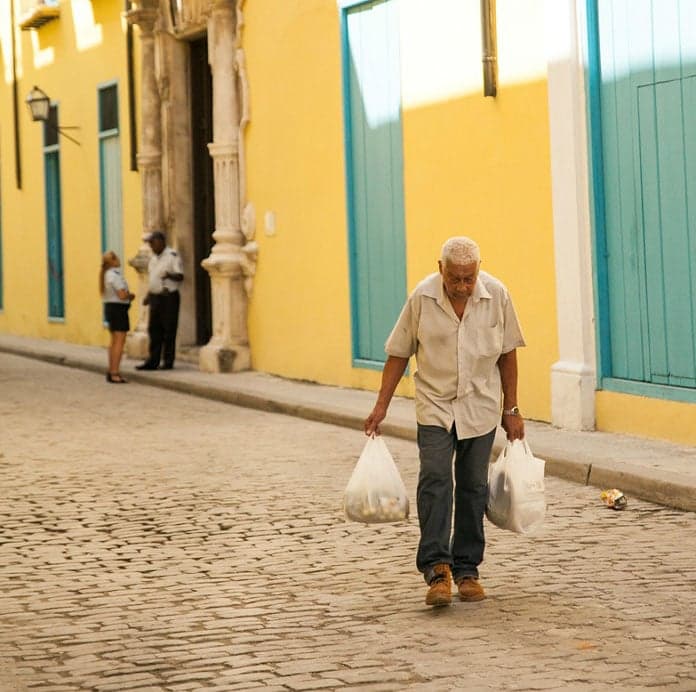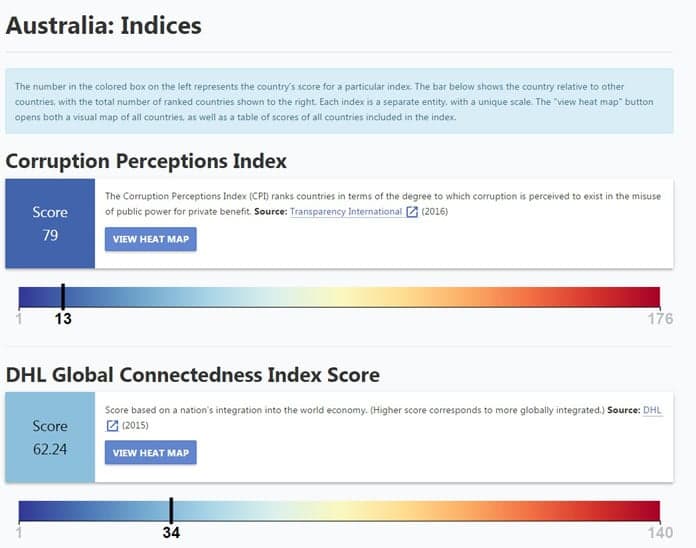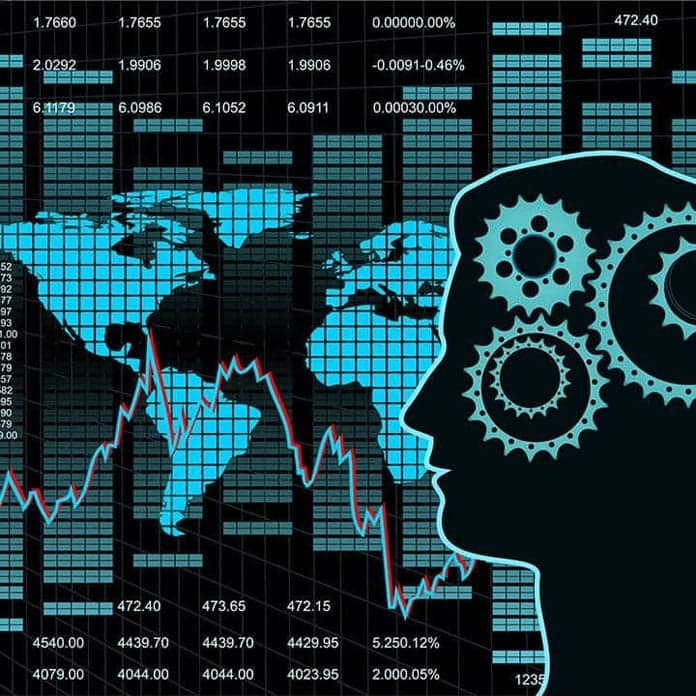This week, the globalEDGE blog will be taking a look at various trade blocs around the world, focusing on smaller blocs you might not have heard of. Following the end of World War II, trade agreements became common throughout much of the world. European states began to look for ways to increase trade between themselves, states in South-East Asia saw cooperation as a way to increase economic growth among all members, and Arab nations looked to unify to better market their natural resources. Trade agreements can help smaller countries have more of a say in the global economy, and help encourage exporting for local businesses.
globalEDGE Blog - Page 104
Publish Date:
Global interest rates are one of the several factors that can drive merger and acquisition activity in 2017. The London Interbank Offered Rate (LIBOR) is connected to the United States Federal Reserve Bank’s short-term rate, which plays a role in determining the debt financing rate. If the LIBOR rises, it would make it costly for companies to borrow money, leading to less being paid for acquisitions, however, a gradual rise would soften the material impact of rising rates.
Publish Date:
South Korea has been under tremendous pressure as tensions increase due to China’s boycott of South Korean products, North Korea firing missiles, and the United States insisting that South Korea increase its defense. Recently, North Korea has been testing ballistic missiles and firing them near Japan and South Korea, and this has many countries concerned with their defense systems. The U.S. argued that Terminal High Altitude Area Defense (THAAD), “an American missile defense system designed to shoot down short and intermediate range missiles in the terminal phase”, was needed in South Korea to protect the country from the North. Therefore, Seoul's government agreed to increase its defense system and install THAAD on its soil.
Publish Date:
When experts study the economic effects of migration, the amount of money expatriates send back to their homes plays a key role in some countries. These transactions are commonly referred to as remittances, and they represent a major international financial resource in the world and a mean to reducing poverty in the developing world. Remittances also create positive spillover effects, such as improving health, education, and gender equality.
Publish Date:
On March 1, over 1.5 million shopkeepers in the southern Indian state of Tamil Nadu started a mass boycott of Coca-Cola and Pepsi products, pulling the beverages off their shelves and replacing them with domestic soft drink brands. All of the involved vendors are members of the Tamil Nadu Traders Association, a retailers organization that directed the boycott toward United States-based soft drink brands. The Association cited two primary reasons for the boycott: PepsiCo and The Coca-Cola Company's exorbitant use of the area's groundwater, and the continued "meddling" by American organizations in Indian traditions.
Publish Date:
Mongolia is in the midst of a debt crisis, and this week it was announced that the troubled country would receive a $5.5 billion international bailout. The loan will be financed by a collection of entities, including the Asian Development Bank, the World Bank, Japan, South Korea, and China. Mongolia’s struggles are recent, but came swiftly. After growing an incredible 17% in 2011, the country quickly fell into cash problems. China’s economic slowdown was a major factor in the economy’s collapse, along with falling commodity prices, a backbone of the Mongolian economy.
Publish Date:
Are you interested in learning more about the value of imports, exports, and FDI flows of each trade bloc? Financial and trade statistics for all the trade blocs have been updated on globalEDGE. You can browse each trade bloc and learn more about the total amount of intra-trade, the value of exports/imports, FDI inflows and outflows, and the balance of payments of each trade group. By clicking any row of data, you can display a graph of the 5 most recent years of data available, in order to view any short to medium-run trends. Also, you can view where each trade block ranks compared to the rest by clicking on the magnifying glass icon next to the data. Check out the updated European Union statistics page!
Publish Date:
When more Unites States airlines began to hold direct commercial flights to Cuba, many began to hope that increased tourism would bring more money into Cuba. However, the shortage of basic goods has not improved as tourism increased in the country, as the citizens are now competing with tourists for the scarce food available.
Publish Date:
Are you interested in seeing how countries compare based on corruption, global connectedness, ease of doing business, and other key indicators? Our newly updated country indices pages will allow you to do just that. Each country’s page lists a number of indices that display its score for a given index and its ranking relative to other countries. By clicking "View Heat Map", you can also see how countries compare on a visual heat map and table of scores. Check out Australia's page to see the updates made to the design and indices data!
Publish Date:
The rapid growth in the fintech industry is revolutionizing the financial industry, forcing traditional banks and new startups to become more technologically advanced. Customer behavior is an area that has a lot of potential for financial institutions to gain insights through data analytics. Data analytics would allow banks and other institutions to have agile systems that learn through experience, where they would automatically refine the algorithms to improve results.





